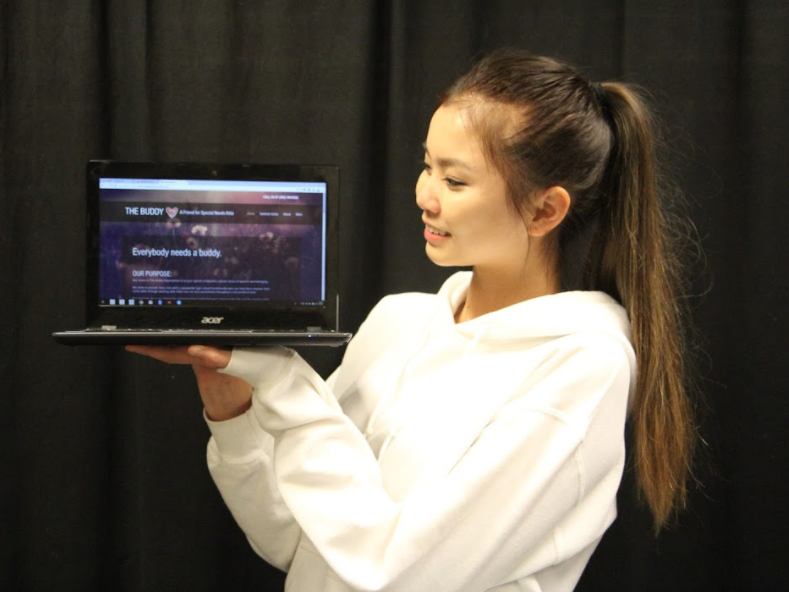Don’t judge students who take initiative
In My Opinion
April 27, 2017
Whenever students create new clubs or organizations outside of school, brief backlash usually ensues, with judgements of “she’s such a try-hard” or “he’s only doing that to get into a good college” uttered among peers.
When I first heard these comments said about some of my peers who took the initiative to establish their own organizations, I was surprised by the great number of negative responses directed toward them. I had always perceived these students to be individuals of strong leadership quality and ambition, not students who were “doing it just for colleges,” which is apparently the general perception of these hardworking individuals in the Bay Area.
There may be instances where individuals establish clubs or organizations for the purpose of looking better in front of their peers or impressing colleges, but people shouldn’t use these few cases to make a false generalization. There’s usually more to a student’s intention to start a club than what others make it to be, whether it be their own interests and hobbies or by a genuine will to impart good within the community.
My original motive behind starting up a non-profit, The Buddy Organization, to serve special needs kids was not college or reputation-driven—I was inspired by my brother and his autism spectrum disorder, and I wanted to help out the special needs community. I had been actively working with and teaching special needs kids for six years and started up the organization to further my service endeavors. The organization provides these children with a high school mentor who works with them one on one consistently to help them improve their everyday social and communication skills. I recruited some of my friends who had experience working with special needs kids to help out and expansion the organization from there.
Every Friday, my team board and I would have weekly meetings at my house to review and plan for future growth. Our team started out with five original workers, and that amount soon tripled within a few months. The number of families that the organization worked with also grew dramatically, allowing us to reach a wider scope of families with special needs kids. I was elated—after months of hard work and late night meetings, our efforts had paid off.
I remember talking to one of my friends about plans for the organization a few months ago, and the first thing he asked me was if I was starting it up “because it looks good on college apps,” which both shocked and hurt me. It felt like he was undermining the months of planning and preparation I had done with my team, the many years I had spent helping and mentoring kids with special needs, and my general passion to serve the special needs community. It was because he didn’t know the full story that he automatically placed me into this category of “college-pleasers” who have a negative connotation attached to their actions.
I know many other students who start up organizations with good intentions as well, which is why it’s unfortunate when people generalize students who found their own clubs or organizations to doing so solely for reputation or college competitivity benefits. Although such instances may exist, these generalizations undermine the efforts of individuals who have genuine intentions and play a large role in evoking negative judgement from peers.




























































